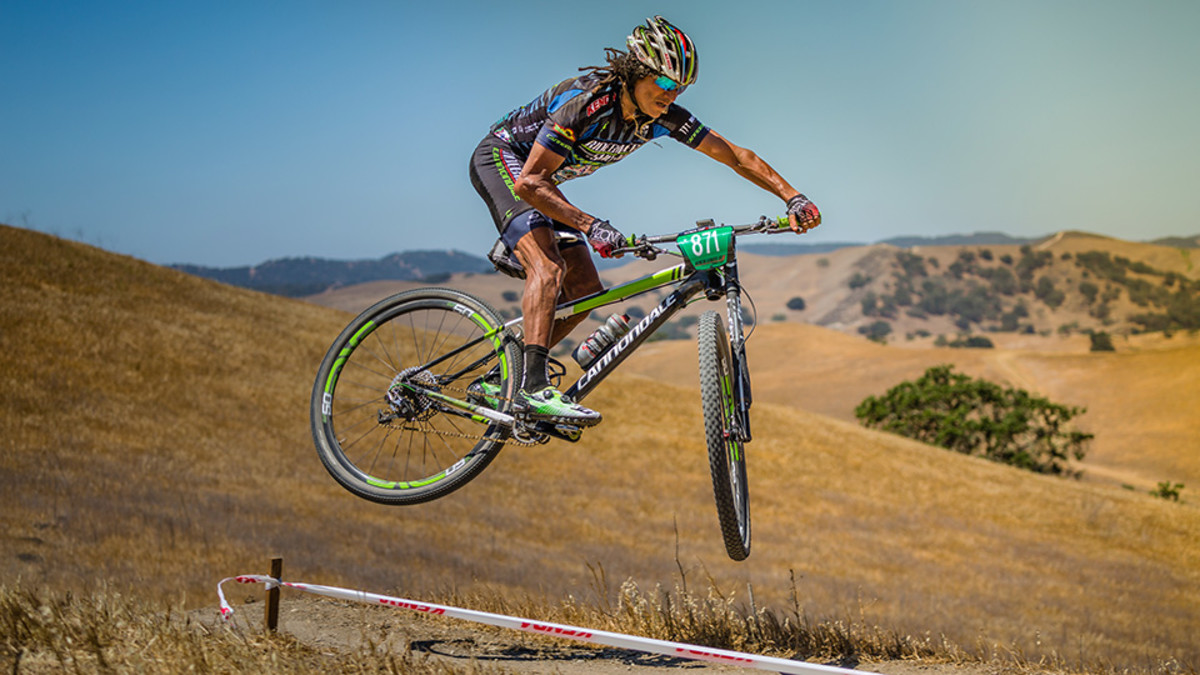I am interested in understanding the consequences for carrying extra weight on a climb, specifically how much work it requires to carry an extra two liters of water. For example, if I were to carry water weighing 2 kg up a 15 mile ride climbing 5,000 ft at a pace of 5 mph?
Google says a kWh is equal to 102 kg x meters / seconds. Is it correct then that carrying 2 kilos of water up 1,524 vertical meters in 3 hours (10,800 seconds) equals 28.8 kWh? Seems high that I would have to expend an additional 9.6 watts to maintain the same pace? Am I doing something wrong? Thank you for the help.
Google says a kWh is equal to 102 kg x meters / seconds. Is it correct then that carrying 2 kilos of water up 1,524 vertical meters in 3 hours (10,800 seconds) equals 28.8 kWh? Seems high that I would have to expend an additional 9.6 watts to maintain the same pace? Am I doing something wrong? Thank you for the help.





